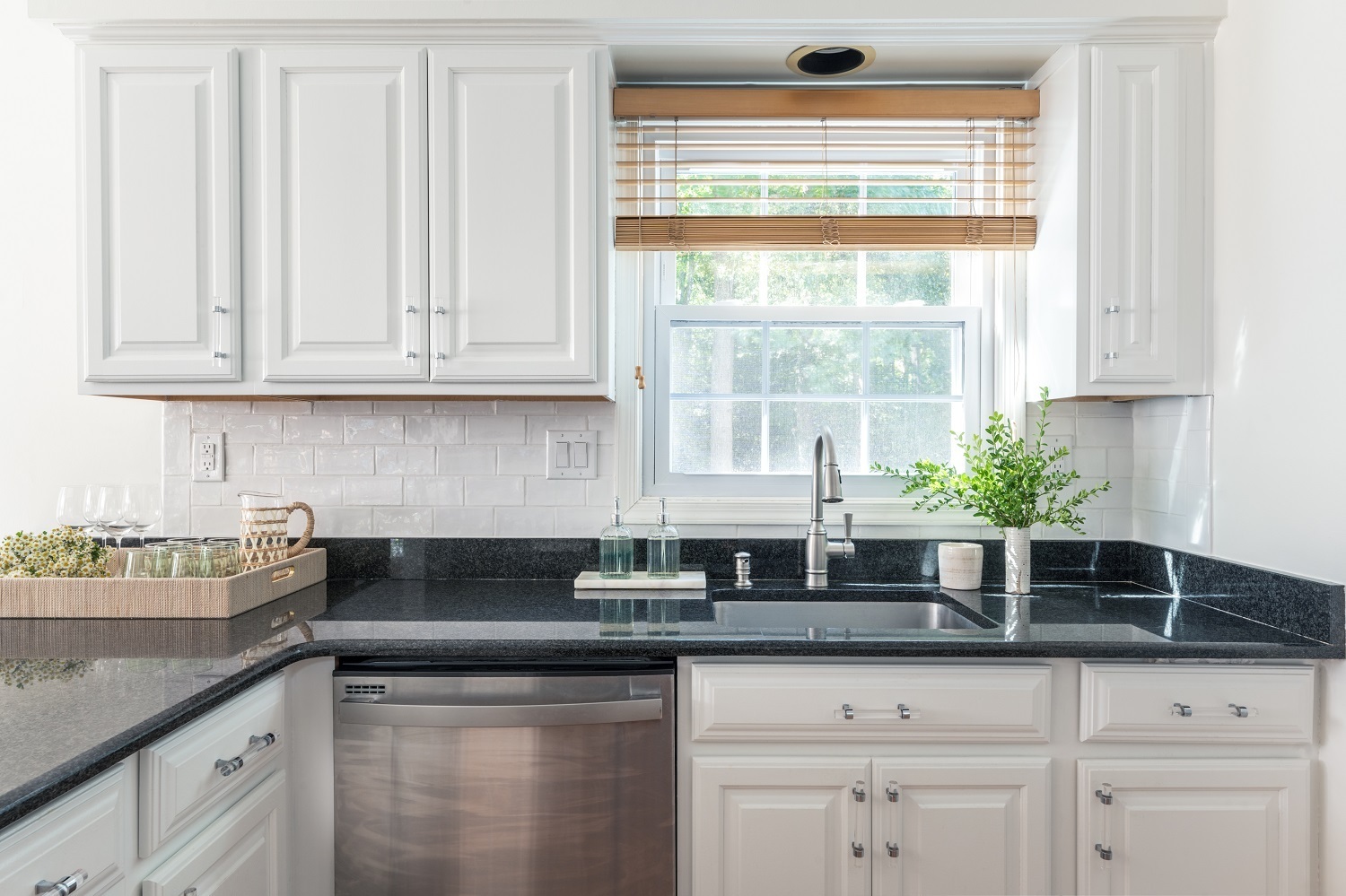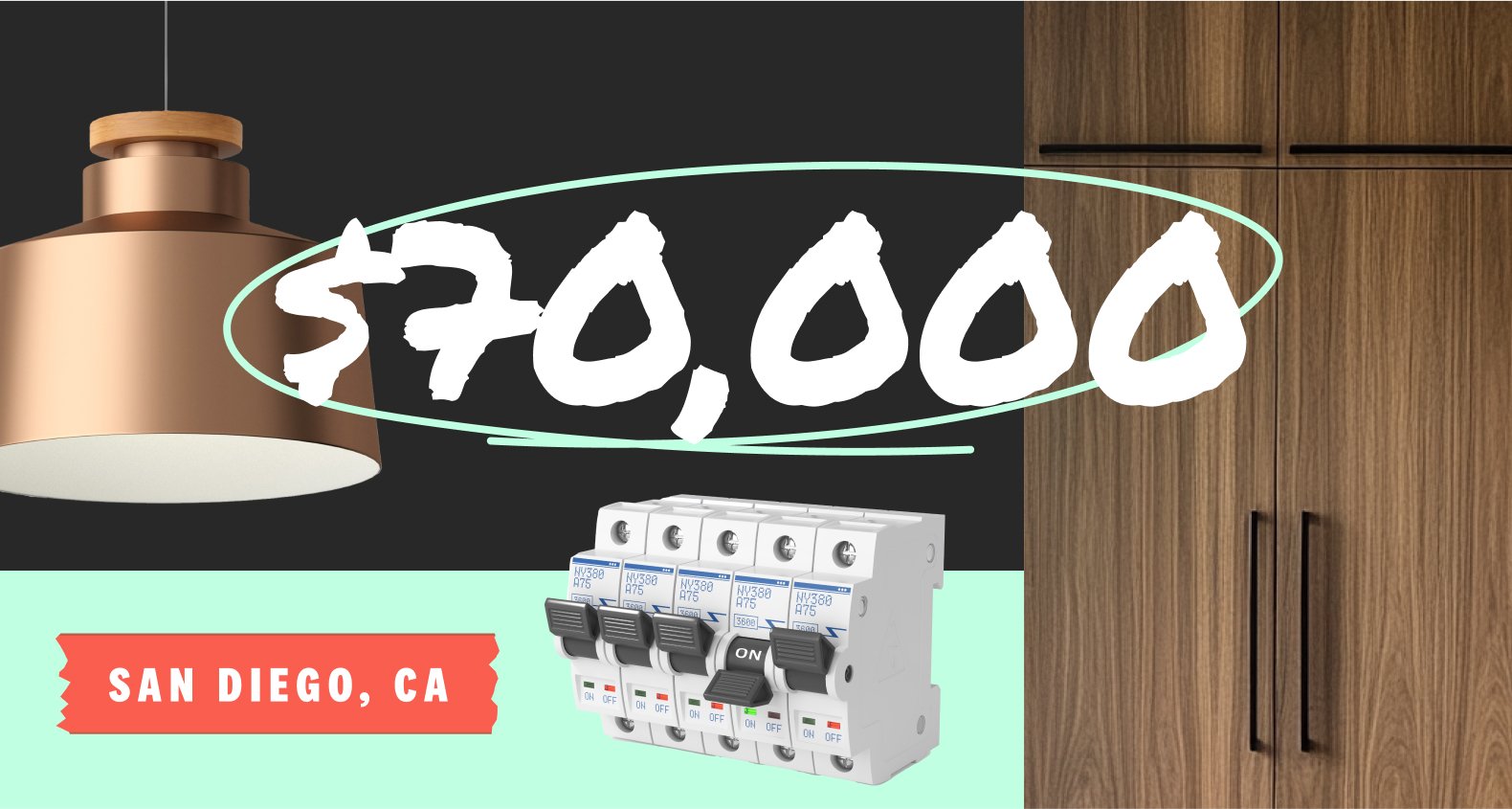Understanding Home Renovation Insurance to Keep You Feeling Secure
Learn what it is and when and whether you need it


A good home renovation insurance policy can help cover gaps left behind by your normal homeowners insurance policy.
It covers property damage, theft, medical liability, and more.
You can purchase this policy from your normal home insurer as an add-on.
Your contractor or lender may require this coverage.
Home renovations are a major investment and as such, come with risks. This is why home renovation insurance can come in handy. Learn how this insurance policy can protect you from the hazards that come along with complex renovation projects.
What Is Home Renovation Insurance?
As a homeowner, you are likely familiar with what a homeowners insurance policy entails. Still, many consumers have never needed to buy home renovation insurance and may not know what it involves. This insurance policy can help protect homeowners from the many financial risks that come with a renovation.
Renovation insurance extends beyond typical homeowners insurance to cover risks associated with construction, such as property damage, theft, and personal injury.
While this may seem like one more expense to add to your renovation, it's best not to skip it. It ensures that both the property owner and the contractor are financially protected in case something goes wrong during the renovation process.
When Do You Need Home Renovation Insurance?

Home renovation insurance can come in handy when you're undertaking significant remodeling or construction work that alters the structure of your home. Projects like adding an extension, remodeling rooms, or replacing a roof increase the risk of damage, accidents, or theft. If the renovation costs are substantial, your lender or local home remodeling pro may even require you to have a home renovation insurance policy ready and waiting.
Where Do You Buy Home Renovation Insurance?
When it comes time to purchase a home renovation insurance policy, you can likely do so through your current homeowners insurance provider in the form of an add-on. If not, many major insurance companies that offer homeowners insurance policies also sell this policy type, so you can shop around with a few different insurers to find the best deal. However, starting with your current insurer is ideal, as they can best guide you on how to protect your home in conjunction with your current homeowners insurance policy.
What Does Home Renovation Insurance Cover?
Before purchasing a home renovation insurance policy, it's best to confirm exactly what the policy covers so you clearly understand the type of protection you're paying for. That being said, these insurance policies often cover:
Property damage: Covers damage to the existing structure or new work resulting from accidents, weather, or vandalism during renovations.
Theft of materials: Protects against stolen building materials or tools from the renovation site.
Liability coverage: Covers legal and medical expenses if someone is injured on the property during the renovation.
Builder’s risk: Protects against unforeseen issues—like fire or wind damage—that can affect the renovation work being done.
Structural defects: Sometimes covers hidden defects discovered during construction that require immediate emergency repairs.
On the flip side, these insurance policies tend not to cover these issues you may also experience in the midst of a renovation:
Wear and tear: Damage resulting from the age or natural deterioration of the property.
Quality issues: Poor quality work or defective materials used in the renovation may not be covered.
Pre-existing damage: Damage that existed before the renovation started isn't covered.
Deliberate acts: Any intentional damage or negligence by the homeowner or contractor is excluded.
Design flaws: Costs associated with incorrect designs or architectural errors are not covered.
Frequently Asked Questions
Most homeowners insurance policies cover repairs for damage caused by sudden, unexpected events like fires, storms, vandalism, or plumbing issues. Common covered repairs include fixing roof damage from storms, water damage from burst pipes, and structural repairs due to fire or wind. However, standard policies do not cover damage due to neglect, wear and tear, or flooding.
Homeowners insurance does not cover DIY mistakes, so tread lightly if you plan to tackle your own home repairs or renovations. If you cause damage to your home while attempting repairs or renovations yourself, the cost of fixing the damage is often considered your responsibility. Most policies only cover damage caused by covered perils like fire, theft, or weather—not by homeowner errors.





- Bathroom Remodeling
- Kitchen Remodeling
- Shower Installation
- Stair Installers
- Bathtub Installation
- Shower Door Installers
- Kitchen Design
- Bathroom Design Companies
- Storm Shelter Builders
- Pre-Made Cabinets
- Kitchen Refacing
- Bathtub Replacement
- Ceiling Tile Installation
- Suspended Ceiling Companies
- Residential Designers
- Stair Builders
- Remodel Designers
- Shower Enclosures
- Home Renovations
- Kitchen Renovations
- Garage Remodeling
- Grab Bar Installation
- Walk-In Tub Installers
- Tub to Shower Conversion
- Balcony Contractors
- How To Prepare For a Home Insurance Inspection
- Homeowners Insurance: What Does and Doesn’t It Cover?
- Will Your Homeowners Insurance Cover the Next Natural Disaster?
- 6 Tips to Getting to Know Your Homeowners Insurance Policy
- Does Homeowners Insurance Cover Water Damage?
- The Essential Homeowner’s Home Insurance Inspection Checklist
- Home Warranty Vs. Home Insurance: What’s the Difference?
- What’s the Difference between Home Insurance and Home Warranty?
- Steps to Get Your Insurance to Pay for a Roof Replacement
- What Is Renters Insurance and What Does It Cover?










